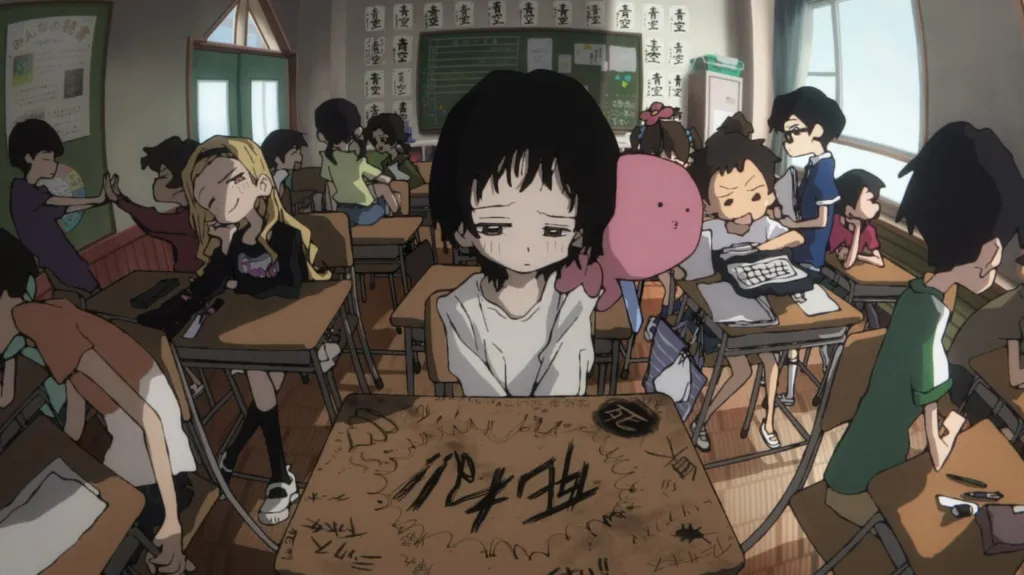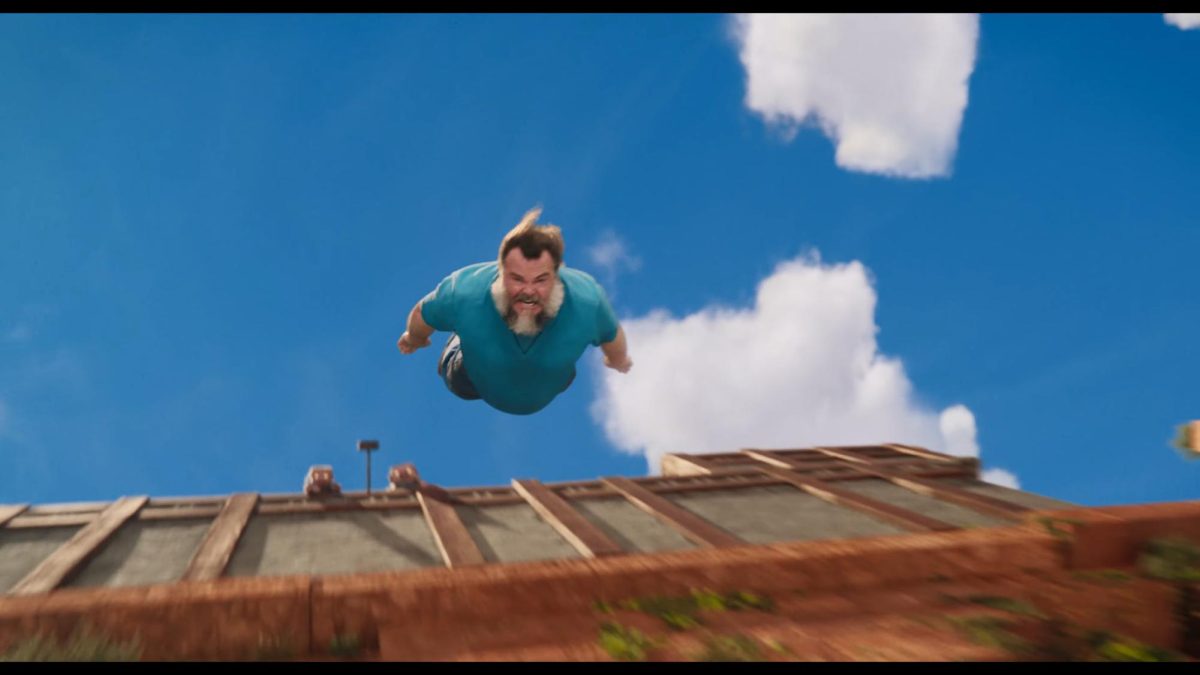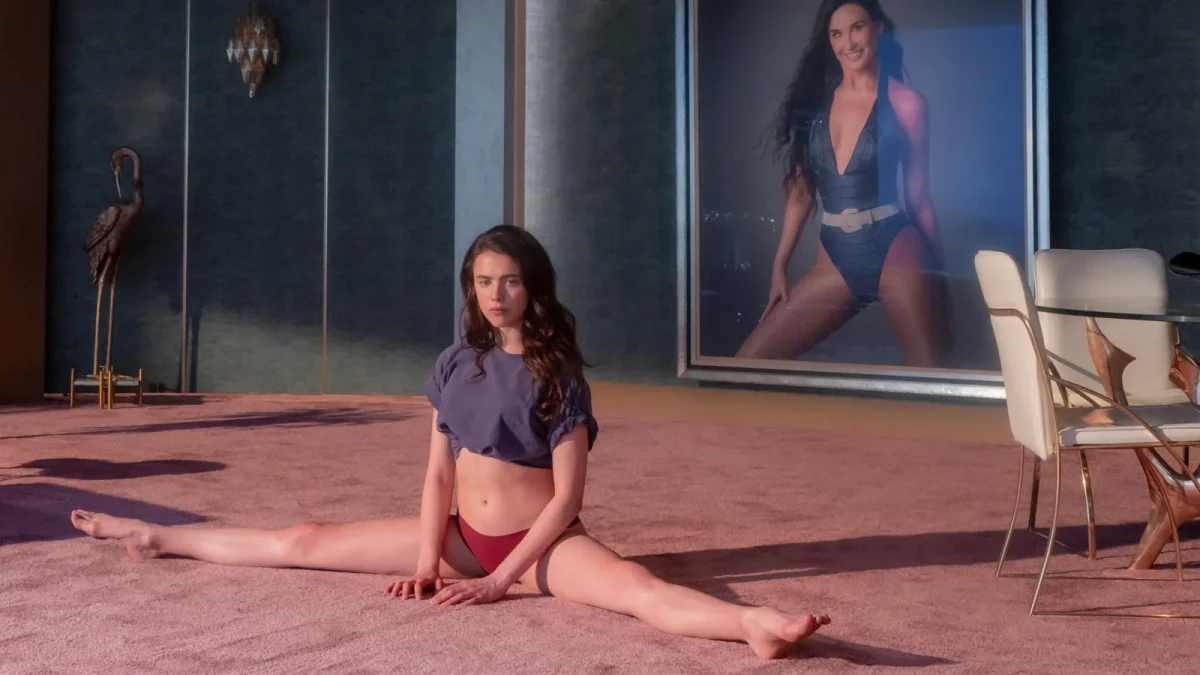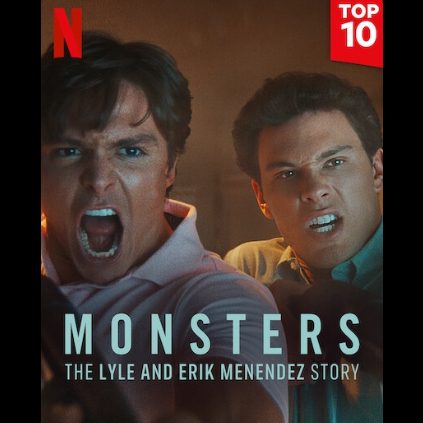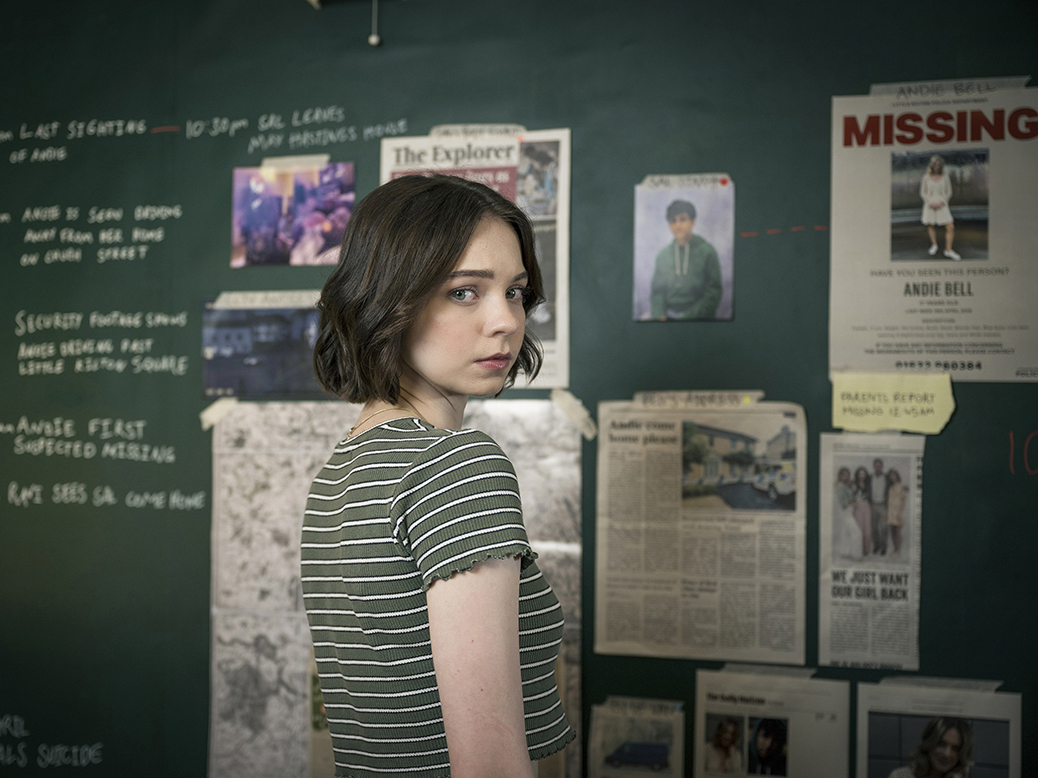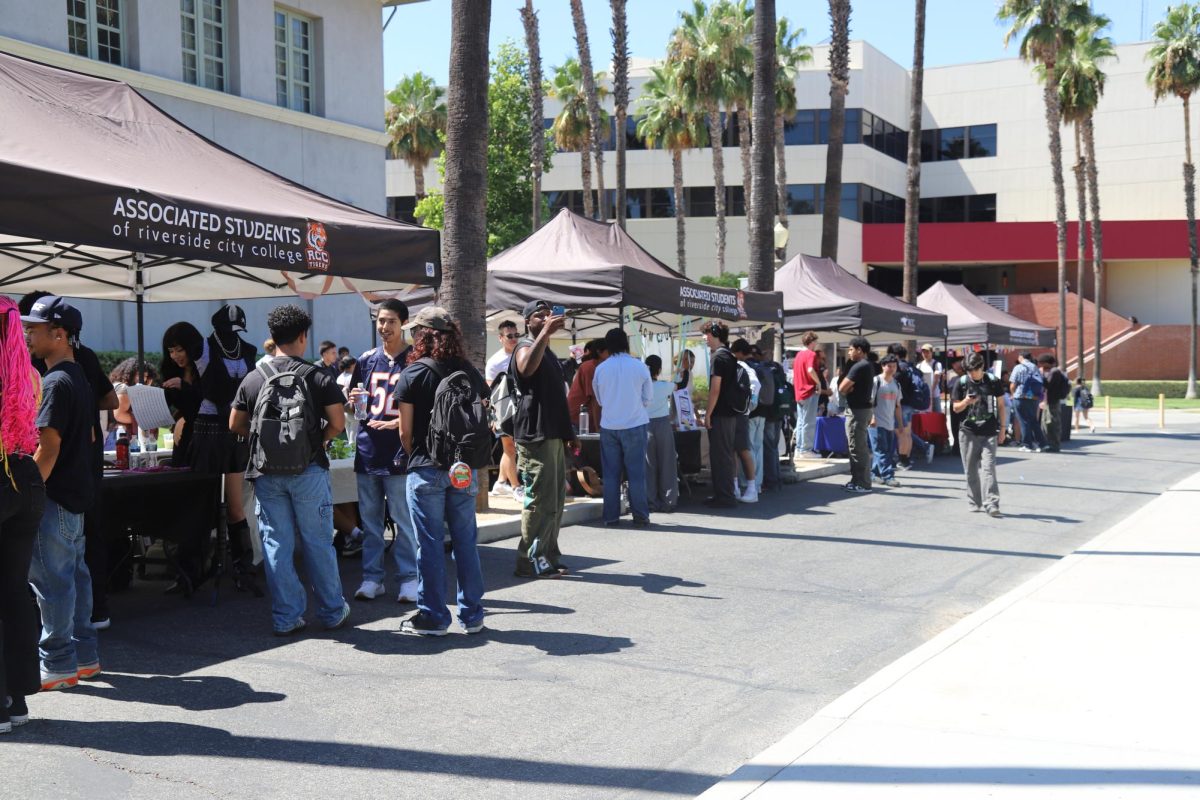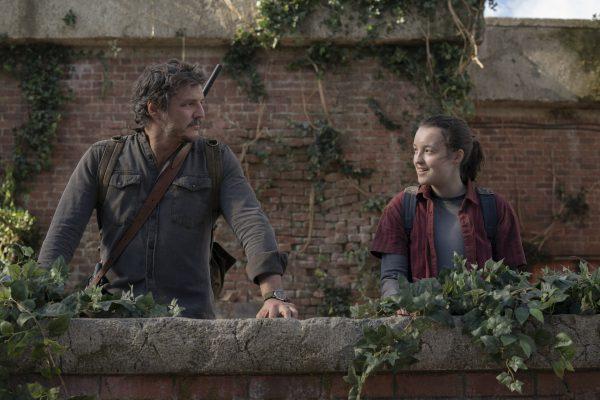
By Vianney Morales
Showrunner Craig Mazin proved his HBO series adaptation of the popular video game “The Last of Us” isn’t truly about zombies or the apocalypse, it’s about love.
In a world with little hope for humanity, the relationship between a person and the one they care for is the backbone of their survival.
Video game adaptations are notoriously difficult to pull off. Due to the interactive nature of video games, it’s difficult to fully capture the essence while vicariously living through the characters during gameplay. “The Last Of Us” uses the medium of TV to its full advantage.
The first episode strategically yet subtly leads up to the outbreak, thrusting you into the chaos that emerges. Even without knowing the plot you start to root for these characters and anxiously hope that they will survive.
Following the initial outbreak, the scene time skips to 20 years after. The government has taken over the perimeter of major cities, to allegedly protect people from “the infected.” Viewers immediately understand that the government is abusing its power.
The rugged and emotionally cold Joel Miller (Pedro Pascal) is dealt with the responsibility of being 14-year-old Ellie’s (Bella Ramsey) caretaker. They embark on a journey across the country to take Ellie to doctors that could possibly find a cure for infection from her mysterious immunity.
When we first meet these characters, they couldn’t be more different from each other.
We see early on that Ellie has had a certain affinity to violence. However, that rage unleashes as she spends more time with Joel and starts to mirror his violent tendencies.
Naturally—however, strongly against their will—their relationship slowly begins to resemble that of a father and his daughter. They become each other’s protector. Joel makes Ellie stronger but Ellie makes Joel weaker.
Joel’s failure to protect his daughter makes him guarded against Ellie, fearing he’ll get too attached and never recover if he’s unable to protect her. His fear plays out throughout the series and comes to a head in an emotional conversation he has later in the season with his brother Tommy.
Joel and Ellie’s relationship and what they mean to each other is nuanced, perfectly weaved into the story to remind the audience about the show’s message.
At their core, both characters suffer from a void. Ellie is suffering from never knowing a parent’s love and Joel is suffering from losing his daughter.
The series incorporates diversity well by expanding on the source material. In one instance the showrunner changed Sam’s character to be deaf, adding more layers to the character and his relationship with his protector and older brother Henry.
I found it clever how the showrunner incorporates social commentary on varying civilizations by highlighting the most practical and effective government systems while emphasizing the downfall of the others.
Most of all, I enjoyed that I was able to watch the series without prior knowledge of the game. Unlike most adaptations, viewers are able to watch the series without needing additional context.
Despite every episode leading up to the last being incredible, the finale’s structure felt awkward.
It starts with the birth of Ellie and how she became orphaned. Considering how heavy and suspenseful the flashback is, it could’ve used more buildup. It transitions to a considerable time gap after the penultimate episode with a drastic change in Ellie and Joel’s dynamic. It could’ve benefited from additional context to fill in the gaps.
Besides a rushed finale, it’s all around an astounding season of television. From the writing, to the directing, to the visual effects and everything else, it’s an absolute TV masterpiece.
The use of practical and visual effects complimented each other well. This made me more appreciative of the obvious efforts that went into creating the series and bringing it to life.
The season’s ending leaves the audience with a complex moral dilemma to ponder on. It’s an extremely decisive question of humanity and love that perfectly sets the stage for next season

